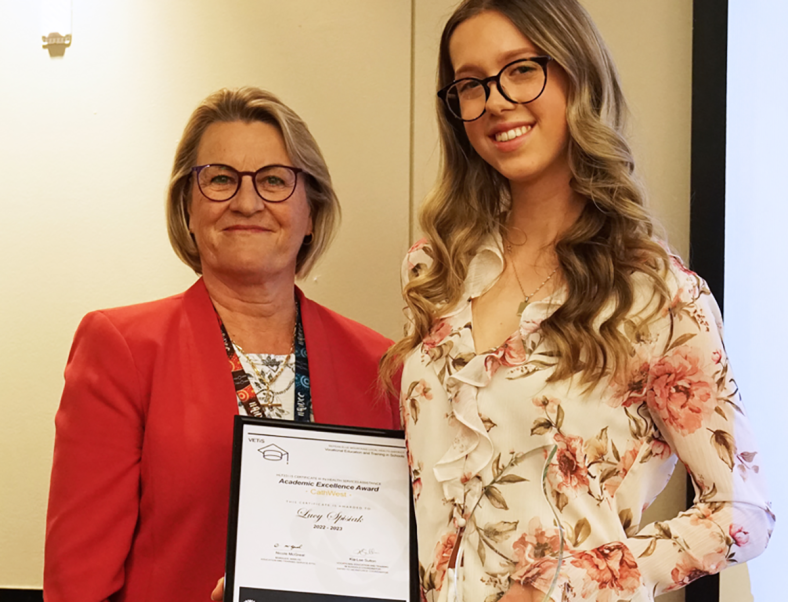A recent survey commissioned by the Australian Automobile Association in partnership with RACV has revealed nearly two-thirds of RACV members surveyed say they will take more trips away interstate and intrastate when the pandemic is over than they did before COVID-19.
RACV Executive General Manager for Leisure Craig Peachey said the research was another critical piece for understanding confidence to travel.
“With 2.2 million members in Victoria, resorts in Victoria, Queensland and Tasmania, and as the main investor in Designer Journeys (an online travel experiences company), RACV wanted to understand members’ travel intentions as we move out of restrictions and lock-downs,” Mr Peachey said.
“This survey detailing members’ confidence of when and where they expect to travel, and what they may be required to do to travel is important for all industry stakeholders – and especially government decision makers – to understand. The survey is like a business confidence index for travel.”
The research also showed members surveyed want a measured and balanced pathway to opening up travel and mobility.
The use of vaccination certificates to help people travel had overwhelming support from the members surveyed including:
• 79% of members surveyed would use a vaccination certificate to cross a state or
territory border
• 78% to travel to a different country
• 73% to attend hospitality venues like pubs, clubs, restaurants and cafes
• 69% to go to larger indoor venues like shopping centres, stations, airports
• 66% to attend large events in places like stadiums.
At the time of the survey the vast majority of members who participated were, or intended to be, vaccinated. Of those surveyed who were not yet vaccinated, the only people or organisations they trust to provide accurate information were their GP, pharmacist, family and friends and/or organisations with high trust, such as the RACV.
“Right now, 93 per cent of members surveyed say the risk of disruption, cancellation or having to quarantine means it’s not worth the stress or hassle of booking trips away. Over 70 per cent of members surveyed want state borders kept open after 70 per cent of eligible Australians are double vaccinated,” Mr Peachey said.
“Certainty and consistency will be absolutely critical for members to have confidence to book trips and travel, and for operators to return staff to work and fulfill bookings. Victoria is now well and truly on the path to re-opening, and it will be important that we can stay open.”
The recent changes in relation to secondary close contacts are a positive step to enabling hospitality businesses to re-open and stay open, but the current 14 day isolation requirements for all primary close contacts – even those who are vaccinated – presents an impossible challenge for operators.
“All hospitality operators have invested heavily into their COVID Safe Plans to keep their guests and team members safe, and all accommodation workers are now required to be vaccinated in line with the government requirements. Despite this, a business can be crippled by the loss of vaccinated team members who are currently required to isolate for 14 days if they’ve inadvertently attended a tier 1 exposure site,” Mr Peachey said.
“This quickly becomes unworkable, and we need more streamlined testing and isolation requirements for vaccinated team members.”
“Given Australia will have world leading vaccination rates soon, we suggest that a simple process be adopted where anyone who is double vaccinated, that is inadvertently exposed at a tier 1 site, should get tested and isolate until they receive a negative test result. Anyone who is double vaccinated should be able to return to work as soon as they receive a negative test result, or after a very short period of isolation,” Mr Peachey suggested.








